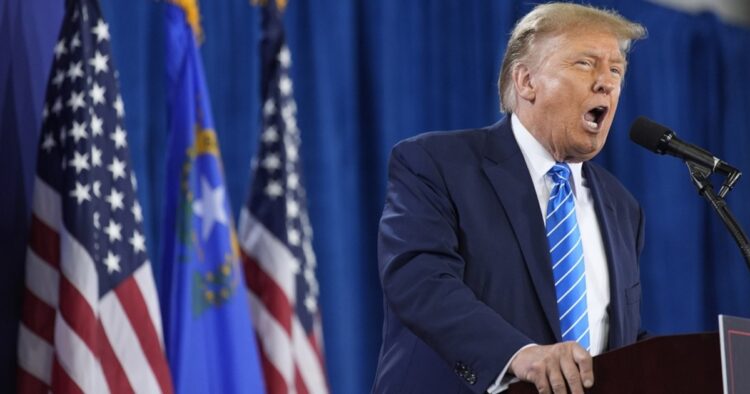In a significant case, Charles Edward Littlejohn, a former contractor for the Internal Revenue Service (IRS), has been sentenced to five years in prison for leaking tax information about former President Donald Trump and thousands of wealthy individuals to The New York Times and ProPublica. Littlejohn pleaded guilty to unauthorized disclosure of tax returns between 2018 and 2020 in what prosecutors described as unprecedented leaks in the history of the IRS.
The U.S. District Judge Ana Reyes handed down the maximum sentence, emphasizing that the crime targeted the nation’s democratic system and government. She highlighted the severity of targeting the sitting president and stated, “It cannot be open season on our elected officials.” Littlejohn, 38, expressed remorse and took sole responsibility, acknowledging that his actions undermined the public’s trust in government.
Littlejohn’s defense attorney argued for a lower sentence, citing his lack of a criminal record. However, Reyes insisted that the extraordinary nature of the crime required a deterrent sentence to discourage others who might consider breaking the law. In addition to the five-year prison term, Littlejohn will face three years of supervised release and a $5,000 fine.
Senator Rick Scott of Florida revealed that his tax information was among those leaked by Littlejohn. Scott emphasized the impact on his entire family and called for additional criminal charges against Littlejohn for exposing personal information with the intent to harm people.
Court documents revealed that Littlejohn had applied for his contractor position with the specific goal of obtaining Trump’s tax returns. He meticulously planned how to search and extract tax data to avoid detection internally. Prosecutors argued for the five-year sentence, one of the longest in a leak investigation, as a strong message to those violating laws protecting sensitive tax information.
Although charging documents did not name Trump or the media outlets, the descriptions align with The New York Times’ report on Trump’s tax returns and ProPublica’s investigation into wealthy Americans’ taxes. Both publications declined to comment on the charges, and ProPublica reporters maintained they did not know the source’s identity.
The leaked information, including Trump’s tax payments and details about wealthy Americans’ taxes, sparked public calls for tax reform for the wealthy and investigations into the illegal disclosure of tax information. The IRS condemned any disclosure of taxpayer information and has since strengthened security measures.

















Comments